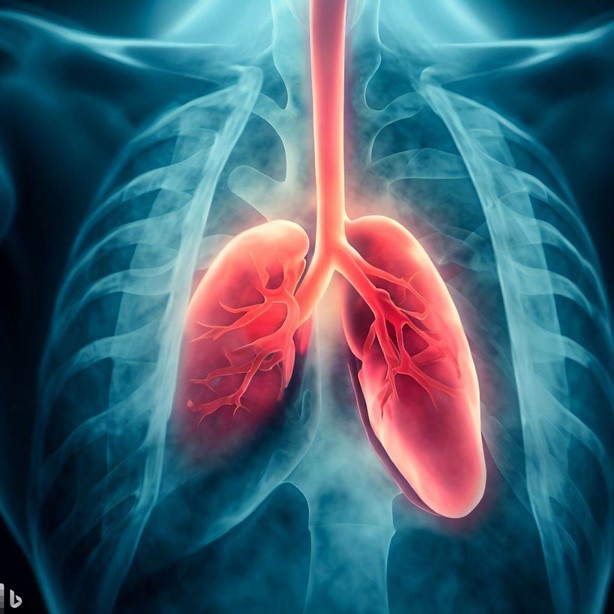The 1-day postpartum patient shows a temperature elevation, cough, and slight shortness of breath on exertion. Based on these symptoms, the nurse should:
Document expected postpartum mucous membrane congestion
Notify the charge nurse of a possible upper respiratory infection
Notify the physician of a possible pulmonary embolism
Medicate with antipyretic remedy for elevated temperature
The Correct Answer is C
Notify the physician of a possible pulmonary embolism. This is because the client's symptoms suggest that she has a pulmonary embolism, which is a blockage of a blood vessel in the lungs often caused by blood clots that travel from the legs. Pulmonary embolism is a life-threatening condition that requires immediate medical attention. The client may also have chest pain, coughing up blood, dizziness, or fainting.

Choice A is wrong because postpartum mucous membrane congestion does not cause fever, cough, or shortness of breath.
Choice B is wrong because an upper respiratory infection does not cause edema and redness along the saphenous vein.
Choice D is wrong because an antipyretic remedy does not treat the underlying cause of the fever and may mask the severity of the condition.
Nursing Test Bank
Naxlex Comprehensive Predictor Exams
Related Questions
Correct Answer is D
Explanation
Injecting the medication into the vastus lateralis. This is because the vastus lateralis is a large muscle in the thigh that is suitable for intramuscular injections in newborns³. The vitamin K injection helps prevent vitamin K deficiency bleeding, which is a rare but serious condition that can cause bleeding in the brain or other organs¹. The American Academy of Pediatrics recommends that all newborns receive a single intramuscular dose of 0.5 to 1 mg of vitamin K within one hour of birth².
Choice A is wrong because a 21 gauge needle is too large for a newborn's muscle. A 25 or 27 gauge needle is more appropriate.
Choice B is wrong because injecting at a 45-degree angle may not reach the muscle tissue. A 90-degree angle is more appropriate.
Choice C is wrong because injecting 1cc of medication is too much for a newborn's muscle. The recommended dose of vitamin K is 0.5 to 1 mg, which is equivalent to 0.05 to 0.1 mL.
Correct Answer is B
Explanation
Fundus firm, at the level of the umbilicus. This is because the normal postpartum uterine fundus location should be around the belly button (umbilicus) one hour after delivery and then decrease by 1 cm per 24 hours. A firm fundus indicates that the uterus is contracting well and preventing bleeding.

Choice A is wrong because a soft fundus indicates uterine atony, which is a risk factor for hemorrhage.
Choice C is wrong because the fundus should not be above the umbilicus 12 hours after delivery.
Choice D is wrong because a fundus to the right of the umbilicus indicates a full bladder, which can displace the uterus and cause bleeding.
Whether you are a student looking to ace your exams or a practicing nurse seeking to enhance your expertise , our nursing education contents will empower you with the confidence and competence to make a difference in the lives of patients and become a respected leader in the healthcare field.
Visit Naxlex, invest in your future and unlock endless possibilities with our unparalleled nursing education contents today
Report Wrong Answer on the Current Question
Do you disagree with the answer? If yes, what is your expected answer? Explain.
Kindly be descriptive with the issue you are facing.
